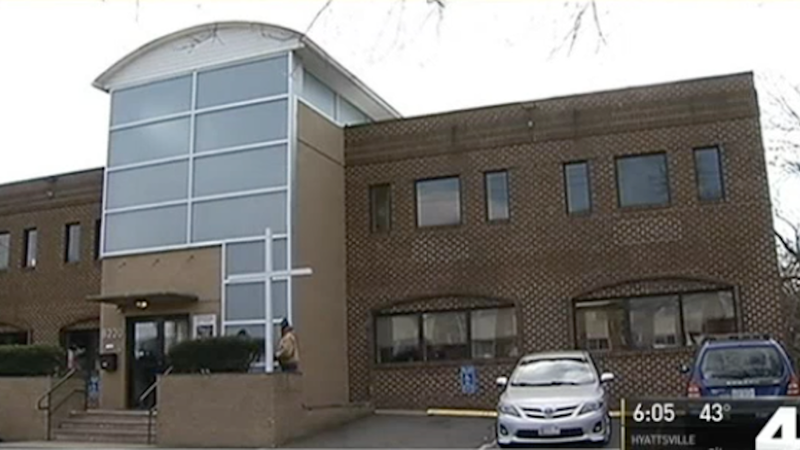Start Digging
When La Migra reaches the bottom of the barrel, they pick that barrel up and they start digging.
Shared Article from Jezebel
ICE Agents Target Hypothermia Shelter In a Church to Arrest Home…
Following Donald Trump's executive order expanding the power of immigration authorities, those affected have included a married mom of two, an …
jezebel.com
Following Donald Trump's executive order expanding the power of immigration authorities, those affected have included a married mom of two, an individual protected by DACA, and a victim of domestic violence who was in court seeking a protective order. Now ICE has moved on to target people seeking safety from deadly weather.
NBC News 4 reports that Immigration and Customs Enforcement officials surprised a group of men leaving a hypothermia shelter in Alexandria, Virginia early on Wednesday morning. The shelter is part of Rising Hope Mission Church, and thus falls under ICE's "sensitive location" policy. The policy demands that arrests not take place at churches, schools, or medical facilities. Agents reportedly waited until the men had crossed the street before surrounding them.
–Aimée Lutkin, [ICE Agents Target Hypothermia Shelter]
Jezebel (February 16, 2017).
Shared Article from Washington Post
!!!@@e2;20ac;2dc;This is really unprecedented': ICE detains woman …
"It really was a stunning event," said the county attorney. "It has an incredible chilling effect for all undocumented victims of an…
washingtonpost.com
A hearing in El Paso County in Texas went from ordinary to "unprecedented" last week when half a dozen Immigration and Customs Enforcement agents showed up at a courthouse where an undocumented woman was seeking a protective order against the boyfriend she accused of abusing her.
The woman, a citizen of Mexico who was living in El Paso had been driven to the courthouse by a victim's advocate from the Center Against Sexual and Family Violence, a shelter for victims of domestic abuse where she had been living.
She left under arrest. . . . It was the first time in her 23 years at the courthouse, [El Paso County Attorney Jo Anne] Bernal said, that she can remember ICE agents making their presence known during a protective order hearing. The agents had come to stake out the woman, identified by her initials I.E.G., because, Bernal speculates, they likely received a tip from the only other person who knew the time and place of the hearing — the woman's alleged abuser.
–Katie Mettler, [This is really unprecedented]
Washington Post (February 16, 2017)
Shared Article from Washington Post
Memos signed by DHS secretary describe sweeping new guidelines …
The documents detail plans to hire thousands of additional enforcement agents and expand the pool of immigrants prioritized for removal.
washingtonpost.com
If these guidelines are enacted, it will be an appalling escalation of this already-terrible situation. It will be a brutal use of state violence to separate families, punish the weakest and the most vulnerable, to destroy livelihoods and literally endanger lives. And all for what? To enforce a ridiculous system of international segregation. To hell with that.
End 287(g). Stop deportation. Abolish ICE. Abolish DHS. Abolish the Presidency. Open the borders, and free the people who cross them.





